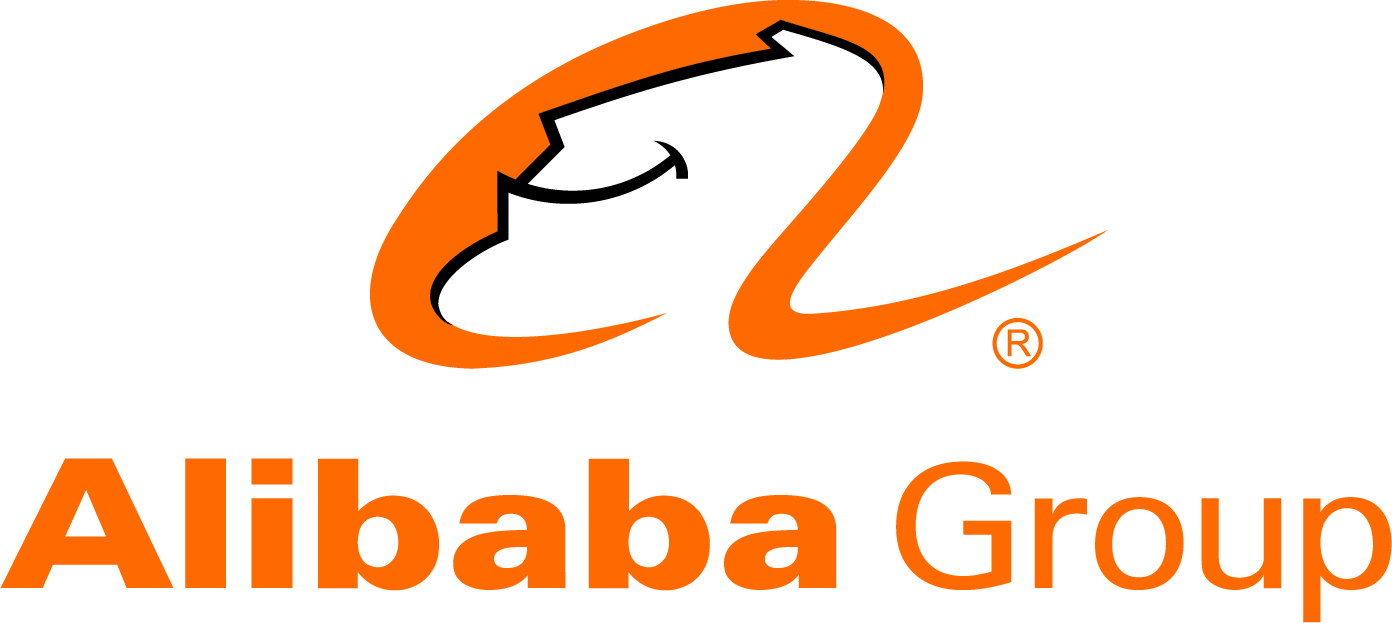Alibaba's Tmall Pilots Carbon Labeling to Drive Sustainable Consumption
By Ivy Yu

Alibaba Group’s B2C e-commerce platform Tmall has launched eco-friendly product labels to help consumers check the impact of their purchases on the environment and make sustainable choices.
The platform started labeling electric goods this month and will gradually add other shopping categories. On the product display page, a label shows the carbon emissions buyers could save by using an energy-efficient device versus a regular appliance.
“We want consumers to feel the impact of their purchasing decisions and drive them towards eco-friendly purchases,” said Sun Yan, head of consumer electronics ESG in Alibaba’s China Digital Commerce unit.
Merchants can submit their products to Tmall for review. To date, Tmall has categorized over 300,000 energy-efficient home appliances from 3,000 merchants.
Shining a light on carbon-conserving products brings Alibaba one step closer to reaching its 1.5 gigatons decarbonization goal by 2035.
“We aspire to be a force for positive, innovative change in society,” group Chairman and CEO Daniel Zhang said in an earlier statement announcing the company’s carbon neutrality goal.
Standard Setting
Alibaba already encourages consumers to use eco-friendly transportation and buy second-hand goods. It also provides a market for sustainable products across all shopping categories.
A 2021 survey of local consumers in China found that 72% of respondents try to buy from environmentally responsible companies, according to consultancy PWC research. However, 41% cite the lack of availability of eco-friendly options as the biggest barrier to sustainable shopping, PWC found.
E-commerce platforms and brands alike are moving to adopt carbon footprint labels to communicate products’ environmental impact to consumers, but challenges remain.
A lack of commonly used and accepted standards for measuring a product’s carbon footprint has inhibited widespread adoption. Alibaba is working to bridge the gap with industry-wide rules.
Last month, Alibaba was one of several companies to partner with the state-run China National Institute of Standardization in drafting eco-friendly product guidelines. The rules lay out concrete ways to measure products’ carbon footprints and have been in effect since March 31. Alibaba became the first Chinese company to apply them on its platforms.
With a state-sanctioned level one energy efficiency similar in concept to Energy Star run by the U.S. Environmental Protection Agency, an air conditioner would emit 52.62 kg less carbon annually versus a regular appliance.
“We also hope that more brands will invest in developing eco-friendly products [after] seeing increased enthusiasm from consumers for sustainability,” Sun explained.
Please refer to https://www.alizila.com/esg/ for additional information about Alibaba’s sustainability efforts.

